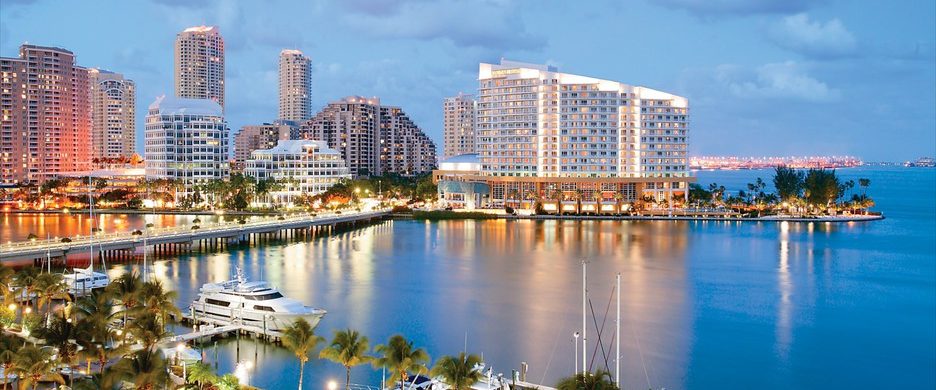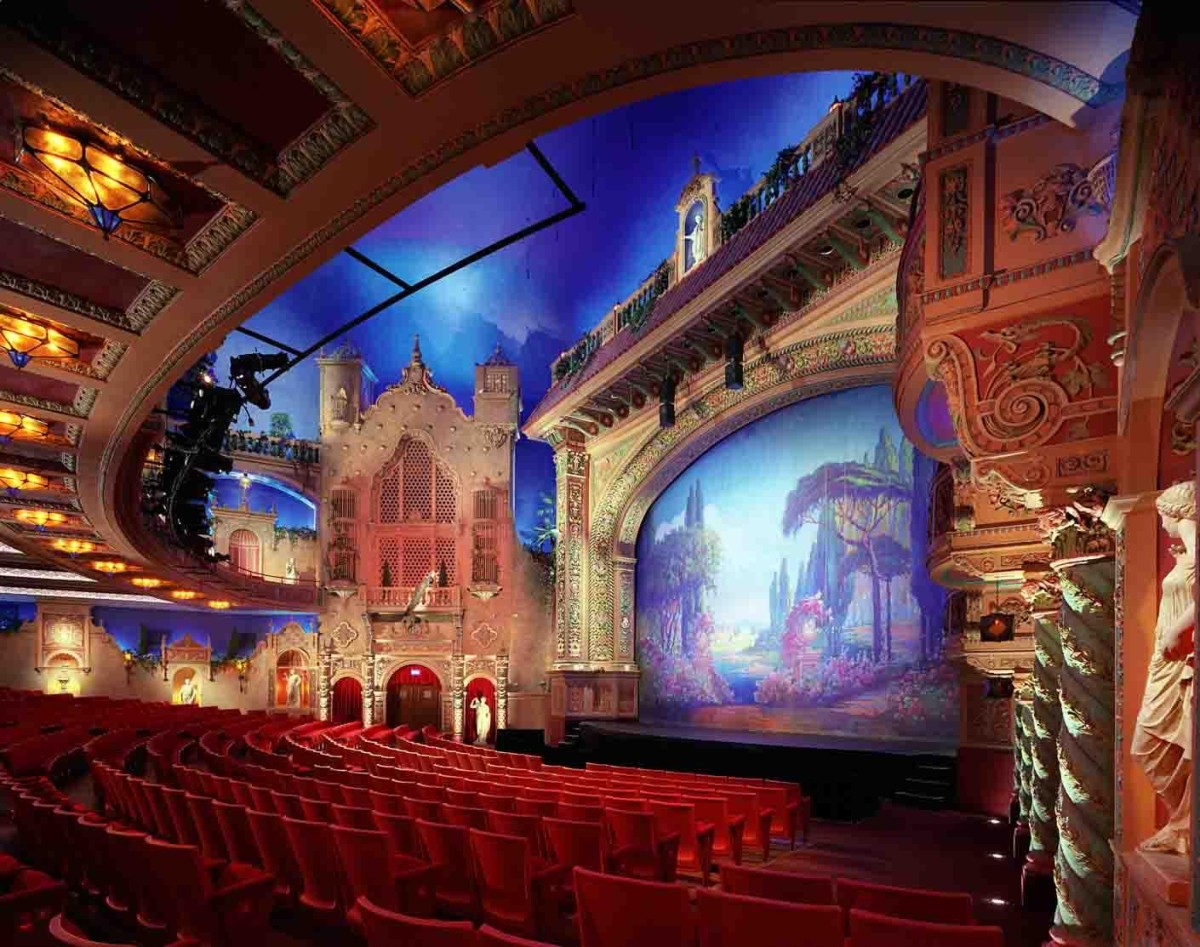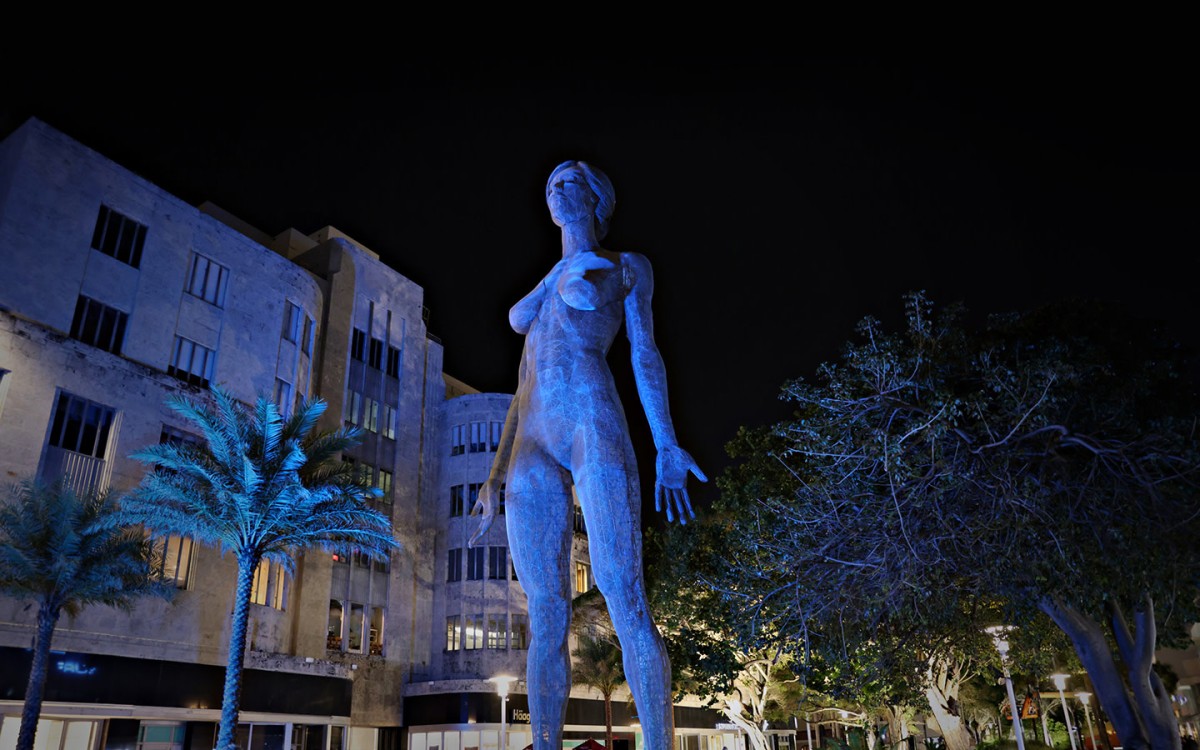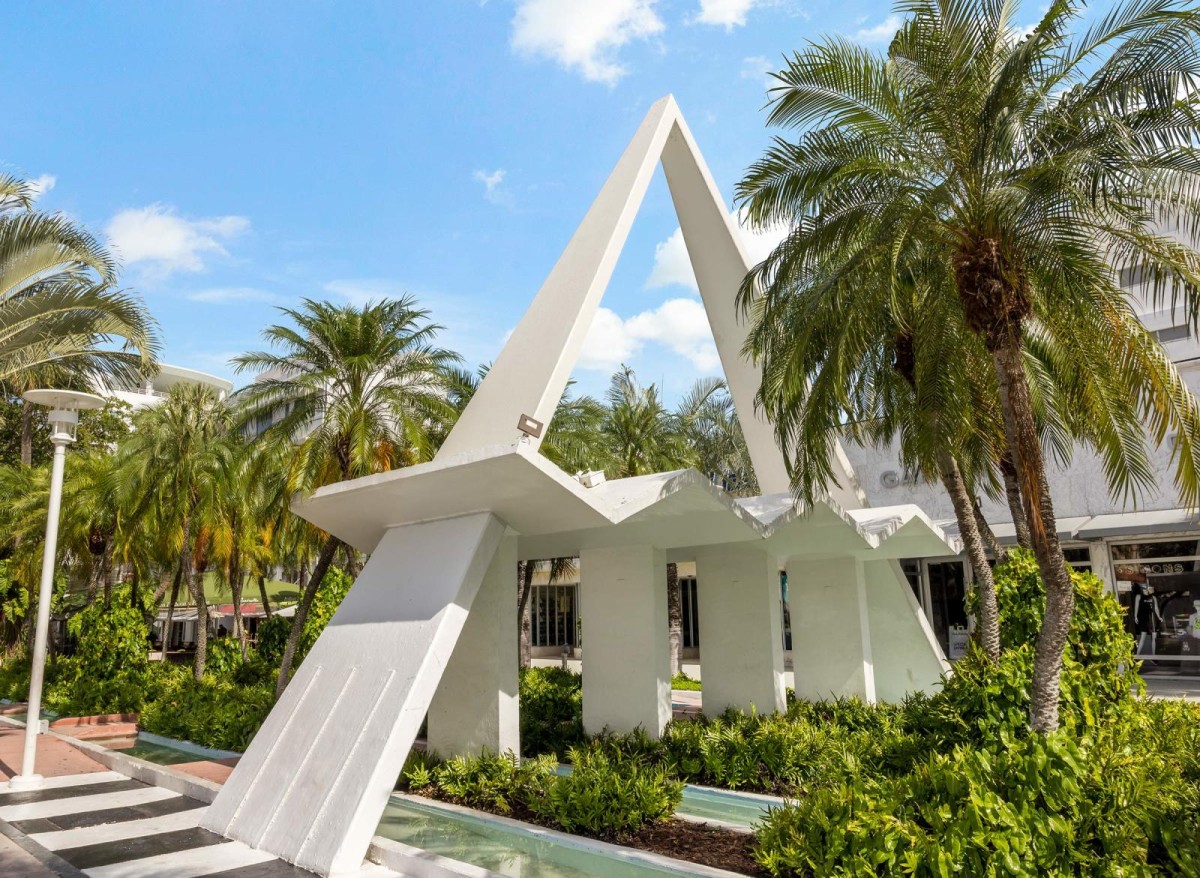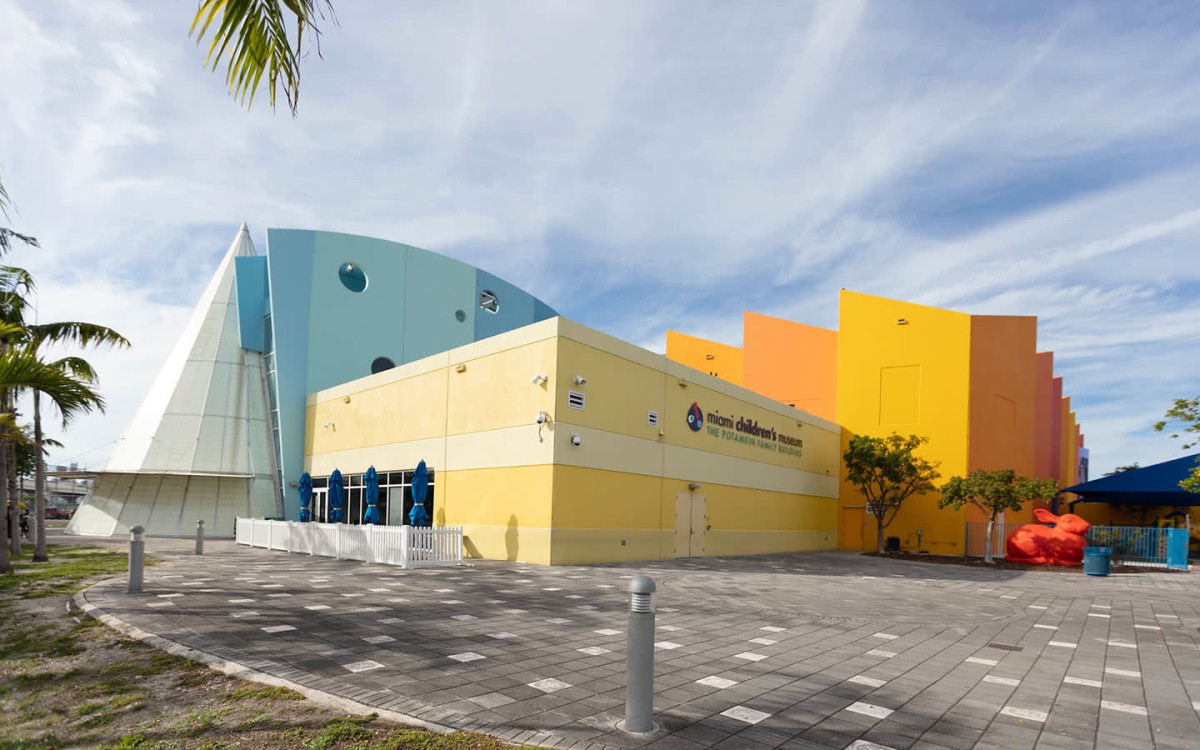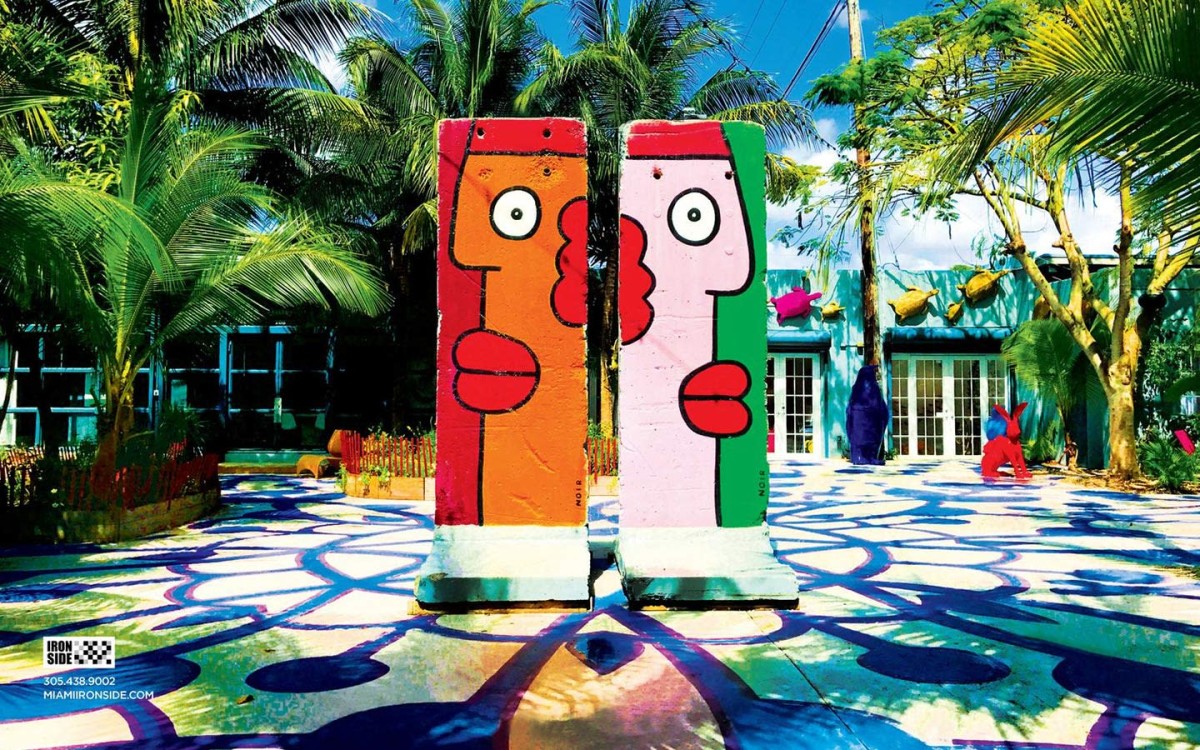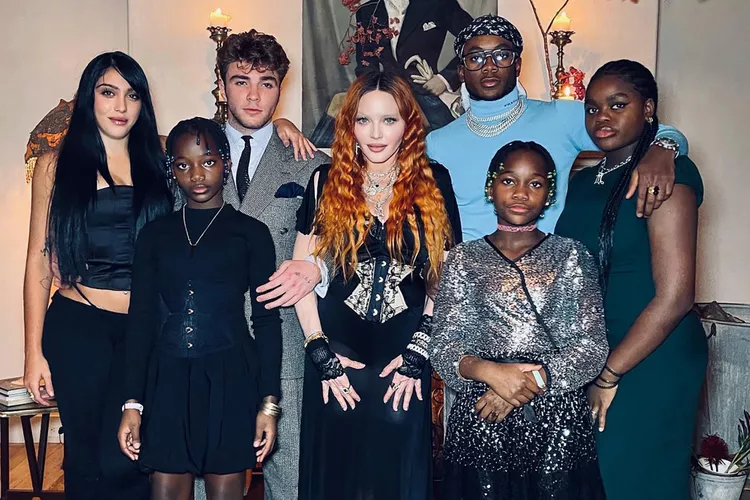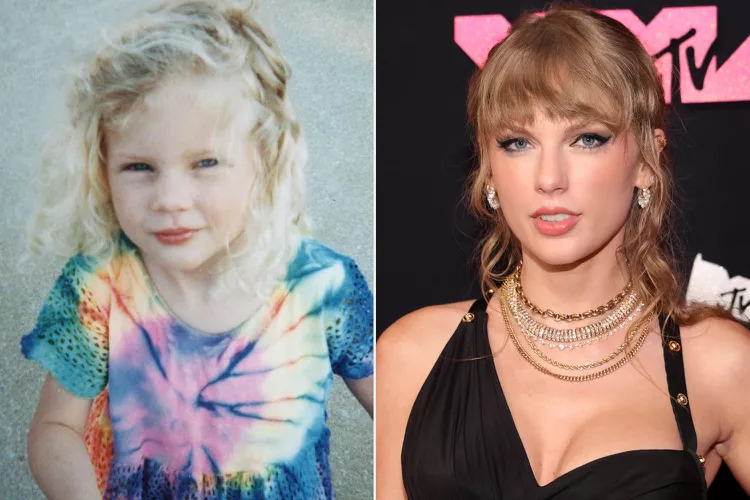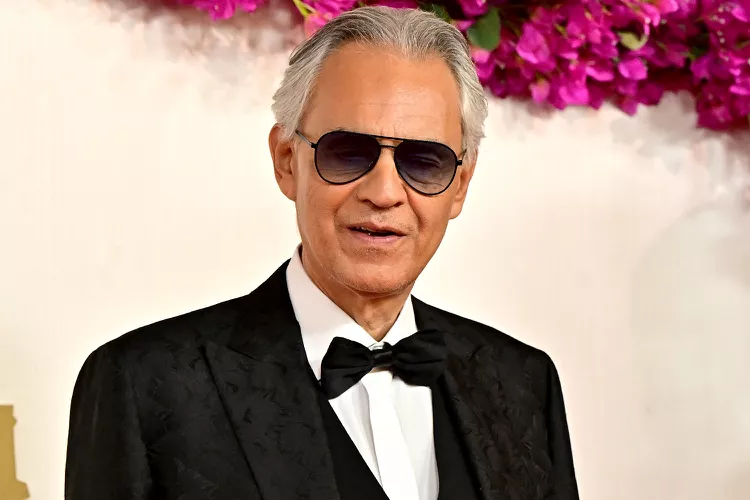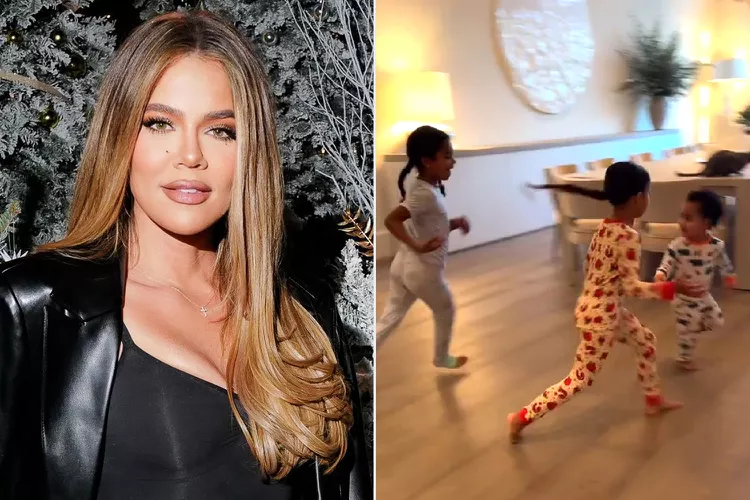Duane and sibling Gregg Allman grew up in Daytona while Dickey Betts’ family has ties to Sarasota-Bradenton dating back to about the time of the Civil War. After years of playing in various bands in many of the same Florida clubs, the Allman Brothers united in Jacksonville with guitarists Duane Allman and Dickey Betts jamming alongside bassist Berry Oakley and drummers Jai Johanny Johanson (later known as Jaimoe) and Butch Trucks (the uncle of another Florida music legend, guitar great Derek Trucks, who formed the Jacksonville-based Tedeschi Trucks Band with his wife, Susan Tedeschi).
The Allman Brothers’ amalgam of rock, blues, jazz and country is best heard on the band's landmark 1971 live album ”At Fillmore East," which includes Betts’ instrumental masterpiece “In Memory of Elizabeth Reed” and Gregg Allman’s legendary epic “Whipping Post.”
After the tragic deaths of Duane Allman and then bassist Berry Oakley, Betts became the de facto leader of the band, writing and singing the chart-topping single "Ramblin' Man" from their platinum-selling 1973 album "Brothers and Sisters." Meanwhile, Gregg Allman found stardom as a solo act later that same year with a new, hit rendition of his song “Midnight Rider” from the outstanding album “Laid Back.” Betts would follow with his equally impressive solo album “Highway Call” in ‘74.
The Allman Brothers Band reformed in ’78 and then broke up again in ’82. After spending the better part of the 1980s living in the Sarasota area while relegated to playing clubs and bars with their respective solo groups, Gregg Allman and Dickey Betts finally resurrected the Allman Brothers Band.
The bestselling 1989 “Dreams” box set and subsequent albums of new material starting with “Seven Turns” brought the Allman Brothers back into the national spotlight. By the early 1990s, they were headlining 10,000- and 20,000-capacity venues across the country. Older songs played regularly on classic rock radio while new singles including the “Seven Turns” title track and then “No One to Run With” were heard on mainstream rock stations, with their music videos appearing on MTV. In ’95, the Allman Brothers were inducted into the Rock and Roll Hall of Fame.
The Allman Brothers Band split with Dickey Betts in 2000 but continued performing his songs in concert right up until their final show on Oct. 28, 2014. Meanwhile, Betts continued performing with his solo bands until retiring a few years ago. Butch Trucks died in January of 2017 of a self-inflicted gunshot wound and then Gregg Allman died in May of the same year after a long battle with liver cancer the singer kept private. Jaimoe and Betts are the sole surviving members of the original Allman Brothers Band lineup.
“We had some real tragedies losing Duane and losing Berry Oakley and we had to keep the band together, had to keep it effective, and viable through all that period,” Betts told the Sarasota Herald-Tribune in 2019 from his home in Sarasota County.
“We took off the (1980s) and Gregg and I put our little bands together and played clubs. After we got back together a lot of writers from Rolling Stone and stuff were calling us dinosaurs and making fun of bands like us and wondering if we could still play and we were determined. It gave us more drive and we showed we weren’t done yet. We made some of our best records and I think that helped put us in the Hall of Fame.”

